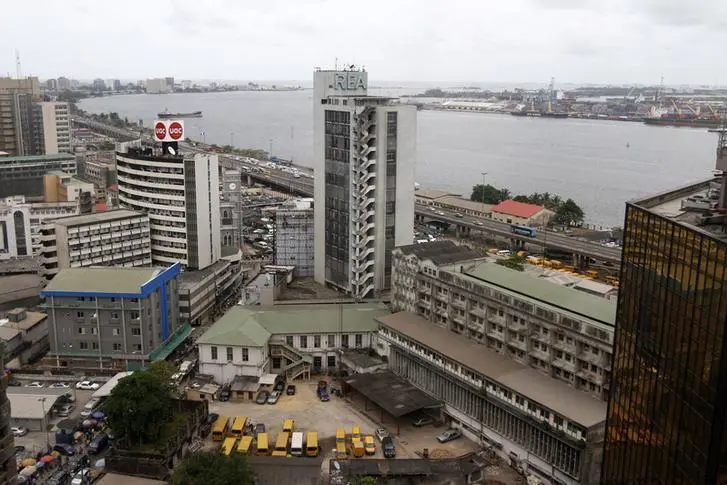PHOTO
Nigeria's electricity distribution companies reported "a total system collapse" on Thursday after a fire on a major transmission line, causing widespread blackouts across Africa's biggest economy, before power slowly started to return.
Adebayo Adelabu, minister for power, said fire had caused an explosion on a transmission line connecting the Kainji and Jebba power plants in north central Niger state, tripping the grid.
"The fire has been fully arrested and over half of the connections are now up and the rest will be fully restored in no time," Adelabu said in a statement.
Power generation fell to zero in the early hours but had risen to 1,341 megawatts (MW) by 1400 GMT, still well below the daily average of 4,100 MW, data from the Transmission Company of Nigeria (TCN) showed.
TCN did not respond to a request for comment.
Grid power is erratic in Nigeria, a major oil and gas producer, forcing households and businesses including oil firms and manufacturers to resort to diesel and petrol generators.
"The cost of fuelling a generator is eating into our finances and, as a tech business that relies on power, this is a heavy burden to bear," said Dickcion Bolodeku, an executive at technology firm Bayelsa Tech Hub in the southern oil-producing Bayelsa state, noting that President Bola Tinubu removed a subsidy on fuel in May.
In Lagos, despite enduring power cuts on an almost daily basis, some people were surprised at the nationwide blackout.
Lagos-based Eko Electricity Distribution Company, one of the biggest, said grid power was being restored.
The grid collapsed at least four times in 2022, which authorities blamed on technical problems.
Nigeria has 12,500 MW of installed capacity but produces about a quarter of that.
(Reporting by MacDonald Dzirutwe in Lagos and Tife Owolabi in Yenagoa; editing by Jason Neely and Mark Potter)





















